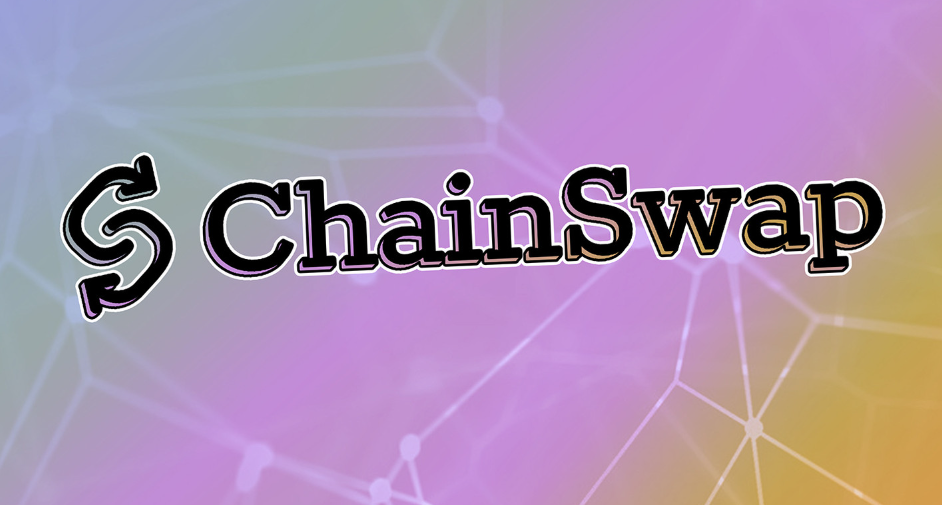What is Blockchain and How it Works in Bitcoin. Blockchain is a distributed ledger that removes the need for a third party to verify transactions. Its advantages span multiple industries and applications. In this article, we’ll discuss how blockchain works and how it works in Bitcoin. Learn more about the benefits of blockchain and how it will change the way businesses do business.
Blockchain is a distributed ledger
Blockchain is a distributed ledger where a number of computers are linked together by cryptography. This data is updated constantly, making it difficult to hack into. It also works in a real-time fashion, enabling users to view transactions and information in real-time. It is also secure because there is no central authority to change the data or add new information.
Blockchain works with a peer-to-peer architecture, meaning each node in the network has a copy of the ledger. Each node votes to confirm updates, and a consensus algorithm is used to make sure that each update is accepted by the majority of participants. When a consensus is reached, the distributed ledger automatically updates itself and saves the latest version of the ledger on each node.
Blockchain has many advantages. The most important of these is that it offers high levels of security. This means that it is hard to hack or challenge any stored information. Additionally, blockchains are more open and can be used in a wide variety of sectors, such as supply chain management and the finance industry. It can also save time and money by eliminating third parties.
It eliminates the need for a third party to verify transactions
Blockchain is a decentralized, public, and immutable digital ledger. It replaces the need for a trusted third party to verify transactions and transfer digital assets. This is important for value transfer. The current process is slow, expensive, and involves many intermediaries. For example, when selling real estate, there is often a third party escrow service that works for both parties. These intermediaries charge fees for their services, such as auditing and trusting transactions. However, blockchain technology can help alleviate these costs and create a more efficient and secure transaction process.
In addition to automating payment and asset transfers, Blockchain can be used for supply chains. Smart contracts can be used to trigger payments and signals the delivery of goods. They can also be used to automatically update location information, which is valuable for a wide variety of industries. Smart contracts have already been used in venture funding, banking, and digital rights management.
Another key benefit of blockchain is that it is less susceptible to mistakes. Unlike traditional databases, the blockchain has no central repository and instead is duplicated on a network of computers. Each computer updates the blockchain as it receives new blocks. Because the information is spread across the network, it is more difficult to alter. This makes it harder for fraudsters to compromise a single copy of the ledger.
It can be used in a variety of industries
While blockchain has been used for many years in cryptography and the cryptocurrency space, it is also seeing use in other industries. For instance, in the food industry, the blockchain is helping to reduce fraud and save time by helping producers track the origins of food. Moreover, the technology is also helping with animal husbandry by improving traceability and sustainability. A company that specializes in food safety has partnered with blockchain platform Ripe Technology to develop a system for synthesizing animal histories and using it to improve the quality of food and animal welfare.
Another industry in which blockchain is finding use is in the music industry. A Boston-based nonprofit, the Open Music Initiative, is working on an open source protocol that will help identify original creators and music rights holders. The project also aims to use blockchain to make it easier for artists to be recognized and paid for their work. This project has the backing of virtually every part of the music industry, including major record labels, radio stations, and media giants like Netflix.
It’s used in Bitcoin
Blockchain is a decentralized database that maintains a record of every Bitcoin transaction. It stores data in blocks that are linked by cryptography. Each block adds new data, which is chronologically arranged. Blockchains can store many types of information, but transactions are the most common. In Bitcoin, the blockchain is used to ensure the integrity of the transactions. It also prevents data from being altered or changed by one node without affecting the other nodes.
Blockchain can be used by anyone, regardless of their financial status. It was invented by Satoshi Nakamoto in 2008 and has since become a central component of Bitcoin. This blockchain serves as the public ledger for all transactions on the network. It has grown in size substantially over the past few years, reaching 20 gigabytes in August 2014. It is expected that by early 2020, the size of the bitcoin blockchain will surpass 200 gigabytes.
The blockchain can be used as an alternative to traditional banking. While traditional financial institutions are only open during business hours, blockchain is available 24 hours a day, seven days a week. This eliminates the need for third-party verification and the associated costs. Furthermore, unlike traditional financial institutions, the blockchain does not require a central authority. It has a lower transaction fee than credit cards.
It’s used in voting
Blockchain technology has the potential to revolutionize the way voting is done. The immutable and secure nature of blockchains allows them to track the results of votes more efficiently than other methods. The technology has numerous applications, including online voting. With voting done through a computer, smartphone, or other device, a blockchain can eliminate the need for polling places and mail-in ballots. It can also ensure faster counting, thereby increasing voter participation and lowering costs.
Despite these advantages, there are some drawbacks to blockchain voting. First, voters’ identities are not completely secure. The chances of being compromised by hackers are much higher when voting online than with a paper ballot. Furthermore, the revocation of lost voting keys would be impossible without the cooperation of a quorum of identity authorities.
Second, a blockchain only works if all participants agree. If there are too many users or miners, the system could be disrupted. Also, multiple versions of the blockchain could confuse voters. Another concern is that blockchain does not follow security requirements, such as a secret ballot.
It’s used for record-keeping
Blockchain is a distributed database that is used for record-keeping purposes. It can be used for a variety of tasks including auditing and data sharing. For example, blockchain can be used to verify property ownership. Currently, property ownership verification is a lengthy, costly and error-prone process. Blockchain makes property ownership verification much easier and less error-prone, since it stores records digitally and is easily traceable.
Blockchain can also be used for archiving documents. Many organizations archive files in PDF/A format, but these files are susceptible to corruption. However, blockchain services can archive documents in their original format. This eliminates the need for intermediaries. These systems can also reduce the cost of hiring auditors and legal professionals.
Blockchain also offers another benefit: trust. It can make transactions between strangers more secure. The system embeds authentication into the document to prevent tampering. The system also features synchronized file-sharing capabilities, allowing people to share files with each other while retaining their local copies. Any changes made to a shared document will automatically be reflected on all computers.
It’s used in supply chains
Blockchain technology has many uses in supply chains, including improved collaboration and communication between parties. It also allows for more traceability and efficiency when it comes to ownership and licensing. For example, smart contracts can help manage and license software, services, and products. Blockchain can also help businesses lower operating costs and speed up processing times by removing the need for third-party intermediaries.
Emerson, for example, is a large company with a complex supply chain. It has thousands of components, many suppliers, and multiple locations. The chain has many challenges, including long lead times, limited visibility, and a lack of transparency. Moreover, even a small delay or disruption in one part of the chain can cause inventory to grow beyond the required amount, resulting in stock-outs of other parts. The company is embracing blockchain technology to help manage these challenges.
Blockchain technology is a decentralized ledger that records transactions among multiple parties. It can also be programmed to trigger transactions automatically. It is used in supply chains to prevent fraud and protect against malicious actors. As the technology becomes increasingly widespread, supply chains will be able to benefit from its increased transparency.
It’s used for smart contracts
Smart contracts are decentralized software applications that run automatically and do not require a central authority to approve them. They are used for a number of different applications in the financial and logistics sectors, and even in games. Smart contracts are stored on blockchains and cannot be altered once they have entered into force. Some examples of smart contracts are Uniswap, a decentralized exchange, and Compound, a decentralized lending service that uses smart contracts to help people get loans and earn interest.
Smart contracts are a promising technology that can benefit a variety of industries. For example, they could automate healthcare payment processes and prevent fraud and overbilling. They could also benefit the music industry, where they could record ownership of music and ensure royalties are paid whenever it is used commercially. Additionally, blockchain-based smart contracts could be used in the automobile industry, where they could store information such as maintenance history and ownership. Smart contracts can be written in a language called Solidity, which has been developed by the Ethereum community.
Smart contracts are written using a smart contract-writing platform, and then tested to ensure their functionality and security. After testing, the contracts are passed on to a security review team, which could be an internal team or an outside firm that specializes in smart contract security. After security reviews, the smart contracts are deployed onto an existing blockchain. They are set to listen for updates from an “oracle,” a cryptographically secured streaming data source. The smart contracts then execute when the required combination of events occurs.



